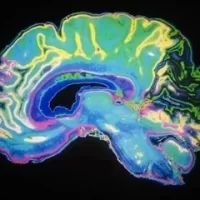Researchers examine whether a third booster dose of the Pfizer-BioNTech BNT162b2 coronavirus disease 2019 (COVID-19) vaccine caused adverse reactions in healthcare workers in Northeast England who had a prior history of COVID-19 or were recently vaccinated against influenza in a recent study published in PLOS Global Public Health.
One of the three COVID-19 vaccinations that is most frequently used in the UK is the BNT162b2 vaccine. Healthcare professionals were one of the prioritized priority groups for immunization because they were more likely to get the severe acute respiratory syndrome coronavirus 2 (SARS-CoV-2) infection. Despite the fact that COVID-19 vaccines were subjected to phase III clinical trials to assess their safety, mild to moderate adverse responses to the BNT162b2 vaccine’s first and second booster doses had been documented.
To date, the third booster dosage of the COVID-19 vaccine has been administered to nearly 40 million people in the United Kingdom. Also, it was suggested that healthcare professionals get their third booster shot around the time that the seasonal flu vaccine is typically given out.
In the present descriptive and retrospective observational study, healthcare workers from three hospitals in Northeast England were invited to complete an anonymous online structured and multiple-choice questionnaire. This questionnaire aimed to determine any adverse reactions that the healthcare workers might have experienced after receiving the first, second, and third booster doses of the BNT162b2 vaccine.
Adverse reactions were documented according to the United States Food and Drug Administration (FDA) toxicity grading scale. Self-reported COVID-19 polymerase chain reaction (PCR) assay or other test results were used to confirm a prior history of COVID-19.
The study participants were also asked to report whether they received the influenza vaccine the week preceding their COVID-19 booster dose. If the influenza vaccine was administered earlier, these individuals were asked to report any adverse reactions they experienced after receiving the influenza vaccine.












